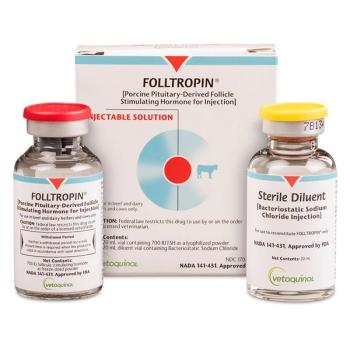
Galaxy Vets introduces the 24-hour work week in the fight against burnout

Working as few as 24 hours per week will qualify as full-time employment and eligibility to receive a full benefits package and equity in the organization
Galaxy Vets, is introducing the 24-hour work week to the veterinary profession, according to a press release.1 All Galaxy Vets employees—including the relief workforce—who commit to at least 24 hours over 7 days in general practice, ER, or telemedicine are eligible to receive a full benefits package and equity. This 24-hour threshold equates to 3 shifts in general practice, 2 shifts in ER, or a flexible schedule providing virtual care from home.
“We arrived at this decision because we know the rate of burnout [in the veterinary profession],” said Ivan Zak, DVM, MBA, and CEO of Galaxy Vets in an interview with dvm360®. He explained that Galaxy Vets would be examining the data from this new initiative to monitor its effect on work-life balance and burnout. “Personally, I lived through it, and I truly believe this is an instrument that will help,” added Zak.
It has been widely reported by the AVMA and elsewhere that veterinary professionals are working long hours, and a significant percentage would like to be working fewer hours.2 Additionally, research by VetsPanel revealed that veterinarians average only 1.8 hours of break time per week, or in a five-day week, approximately 21.6 minutes per shift.3 Many veterinary professionals are willing to take a cut in pay to work fewer hours, as a result.
"We are taking this step because we want our people to be able to afford a better work-life balance and still enjoy all the benefits and perks. At the same time, we will limit and strictly monitor the maximum number of working hours to 40 per week to make sure our employees don’t overwork," Zak said.
The flexibility to have a 24-hour work week while retaining full benefits is the latest in a series of measures taken by Galaxy Vets aimed at improving work-life balance for veterinary professionals. Other initiatives include allowing for task variety and hospital flexibility; an equity program aimed at providing more financial freedom and less of a focus on immediate income; and finally, data analysis to consistently identify pain points and reorient its strategies.
References
- Galaxy Vets redefines full time, introduces a 24-hour workweek. News release. Galaxy Vets. March 21, 2022.
- Larkin M. Not too much, not too little: Veterinarians try to find sweet spot on hours worked. JAVMA News. AVMA. November 25, 2019. Accessed April 1, 2022. https://www.avma.org/javma-news/2019-12-15/not-too-much-not-too-little-veterinarians-try-find-sweet-spot-hours-worked
- Less experienced vets working longest hours in veterinary industry. Vetspanel. July 13, 2021. Accessed April 1, 2022. https://www.vetspanel.com/less-experienced-vets-working-longest-hours-in-veterinary-industry/
Newsletter
From exam room tips to practice management insights, get trusted veterinary news delivered straight to your inbox—subscribe to dvm360.






